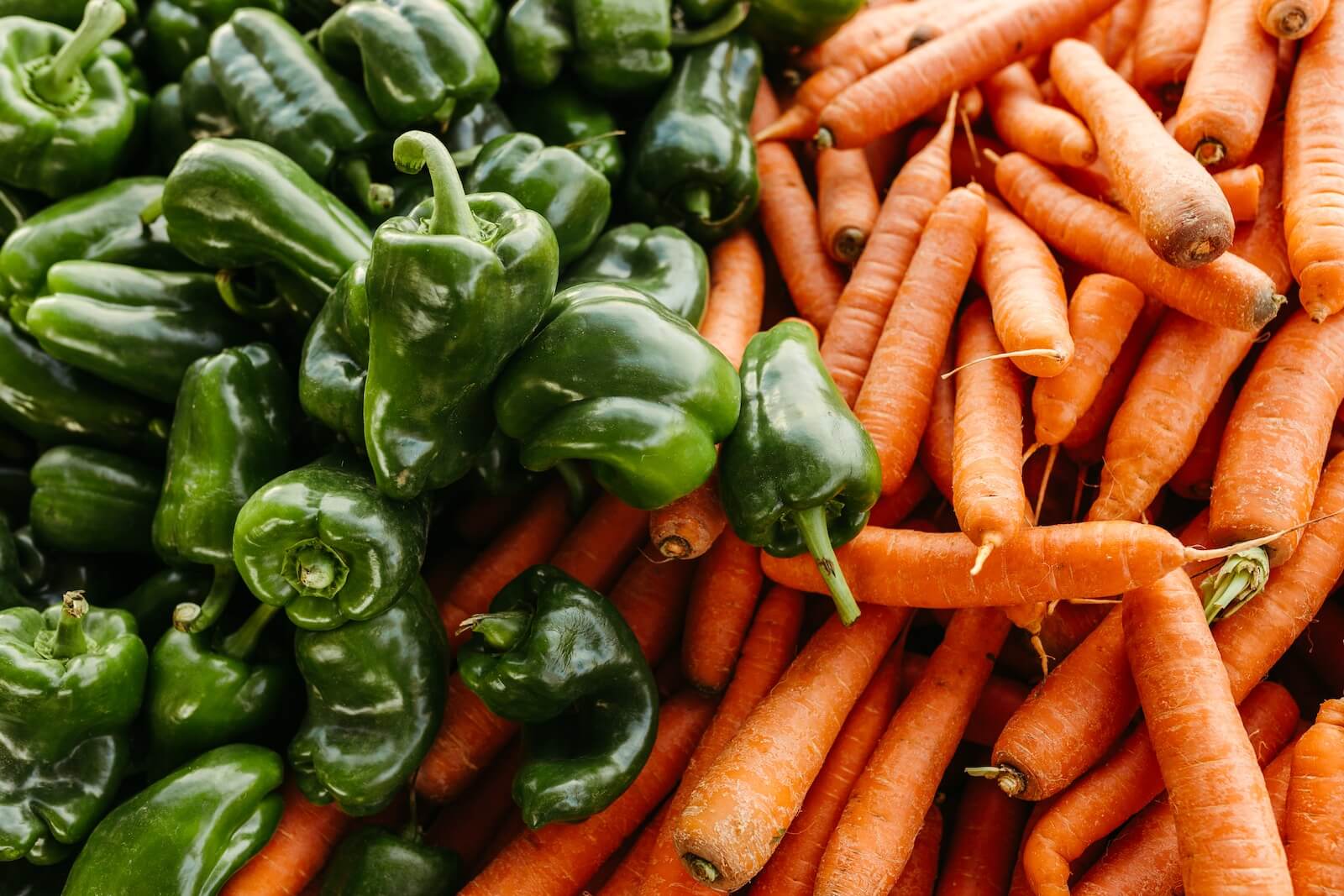BARCELONA, Spain — Having high levels of carotene in your blood, which are pigments common in foods like carrots, may be the dieting secret to keeping your arteries clean. Researchers from the Open University of Catalonia in Spain found that carotene-rich diets have an association with lower fat levels in these vital structures.
Atherosclerosis occurs when fat builds up in the arteries on the interior walls of blood vessels. This buildup is more commonly referred to as plaque and causes vessels to narrow in diameter. This makes it more difficult for your blood to properly circulate. The plaques can also rupture and form clots that greatly obstruct the flow of blood, leading to heart attacks and strokes.
Heart disease has even been linked to triggering dementia. A recent study found that the condition is a strong risk factor, explaining that having the disease and a genetic predisposition can triple the amount of protein that builds up and triggers Alzheimer’s. Scientists and researchers are continuously working on how to optimize current care for people with heart disease, but more importantly are focusing on how to prevent it and catch it early before a serious complications occur.
Which foods contain carotene?
It’s clear that diet overall plays a very significant role in the development of cardiovascular disease, but this study took a deeper look at the importance of carotene specifically. These photosynthetic pigments are typically found in yellow, orange and green fruits and veggies, like carrots, spinach, lettuce, tomatoes, sweet potatoes, broccoli, cantaloupes, bell peppers, mangoes, papayas, apricots, and pumpkins.
Previous studies have suggested that it’s possible that carotene could have a protective effect that effectively wards off atherosclerosis.

“However, the studies carried out to date have not been conclusive and it even appears that, when administered as a supplement, they have a prejudicial effect,” says Gemma Chiva Blanch, of the August Pi Sunyer Biomedical Research Institute (IDIBAPS) Translational research in diabetes, lipids and obesity group, in a media release.
To explore things, the IDIBAPS primary healthcare transversal research group recruited 200 people between the ages of 50 and 70 and analyzed their blood concentration of carotenes and presence of atherosclerotic plaques in the carotid artery using ultrasound imaging. The results backed what general research already seems to suggest: eating an array of fruits and vegetables protects the heart from disease.
“The study concludes that the greater the concentration of carotenes in the blood, the lesser the atherosclerotic burden, particularly in women. […] So, we can confirm that a diet rich in fruit and vegetables and thus in carotenes lowers the risk of suffering from cardiovascular diseases,” explains Chiva Blanch.
The findings are published in the journal Clinical Nutrition.

